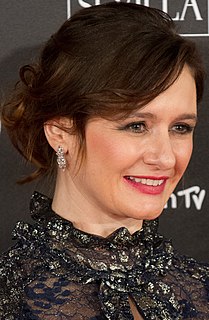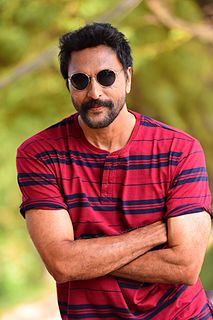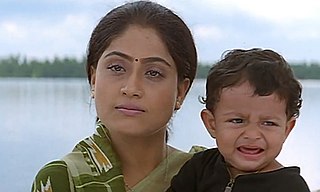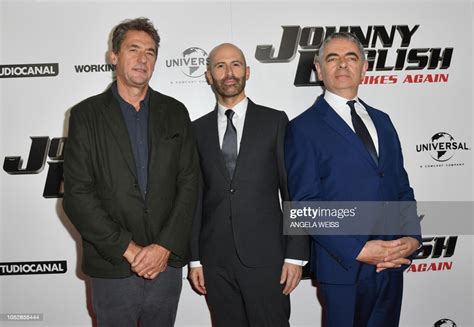A Quote by Terry Gilliam
Writers do the self-censoring before they even get to the studio executive, because they know the film will not run that gauntlet. They, because they want to get their films made, they censor it.
Related Quotes
You do the one film that you think is terrible, but it's a big studio film and you hope you'll get another job because of it, because blah blah blah, whatever it is. You know that you hate it, you just couldn't care less if it got made because it's not something in a million years you'd go and see yourself. And it ends up being shite and you just knew it was shite to begin with, and it doesn't do you any favors at all if someone thought you were in another shite film. So I decided it doesn't get me anywhere being cynical. It's not that I want to be.
Sometimes I watch films that I can't believe got made. Especially because I read scripts that are truly incredible, that will never get made. I don't know who is behind those decisions. It's like you just have to doodle something on a page about the underdog who finally gets the girl and the film gets made.
There's a trend in Hollywood at the moment where studio executives are coming from more of a marketing background, and that is challenging. I think one of the problems of marketing executives is that they don't understand how films get made and they're a bit nervous. And that is not the most efficient way to be a studio executive.
All I ever hoped for was freedom of choice and to not have to just do work because I needed to pay the bills. If you can, weave your way into a studio in a situation where it's supportive of the other work you wanna do. Also, there is caliber and weight in studio films, and I think the ideal is to get that balance right: Do a studio film, go away and do something that is smaller.
I'm not trying to be self-serving, but you know, you get to Hollywood, and if you want to make something big and loud and dumb, it's pretty easy. It's very hard to go down there and make a film like 'Sideways,' which I thought was a great film. They don't want to make films like that anymore, even though that film was very successful.
In an old model, the way a film would imprint itself on the public's consciousness is to get a theatrical run. But now there are more documentaries and more films in general being released than ever before. There are weeks when the New York Times is reviewing 15 films, so it's harder to leave an impression on the public. A lot of these films are seeing their financial future on digital platforms. Because viewers aren't hearing as much about films in theatrical release, I think the festival circuit is going to have increasing importance for the life of a film.
I've gotten to work with amazing people. I would say usually we get to a point before we get into the studio where there isn't that sense of anxiety or nervousness of who they are because I don't think it would be as productive in the studio if that was the case. But maybe meeting someone like Neil Young for the first time made me anxious.
You know, independent films have been institutionalized, practically. Every studio has got a boutique arthouse label. There's like, 18 different independent film-financing funds. In fact, I think the children of those films are getting made. A more interesting question is whether those films are going to get seen and appreciated.
I want my daughters to see me and know me as a woman who works. I want that example set for them... I am a better mother for it. The woman I am because I get to run Shondaland, because I get write all day, because I get to spend my days making things up, that woman is a better person - and a better mother. Because that woman is happy. That woman is fulfilled. That woman is whole. I wouldn't want them to know the me who didn't get to do this all day long. I wouldn't want them to know the me who wasn't doing.
I think that comes with a collaboration with the writers. I think that we get cast in edgier roles because we are a little more offbeat, so people - as we get to know the writers, and as the writers get to know us, they start to write around us more, and that's why I think the pilot is not always the best way to get to experience a new television show, because we're fitting ourselves into these characters. Whereas as the show evolves, they're writing the characters for us and for our strengths and weaknesses.
Even after I had just done Twilight, which made $400 million at the worldwide box office, I could not get financing for three or four projects that I really loved and I thought people would love because they didn't fit some studio or investor's model of thinking, "This will definitely make money." It's a business and a film does potentially cost millions of dollars, and they have to think that they're going to get their money back somehow.






































